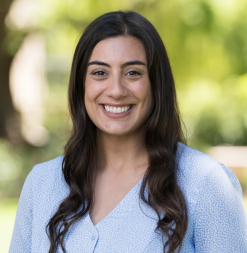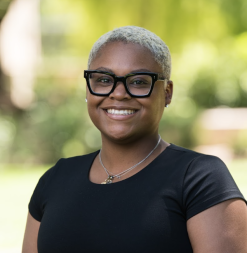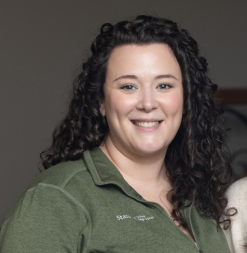Our Approach
Finding the Right Fit
We believe strongly in students identifying and enrolling in the college that best aligns with their personality and goals. Finding colleges that offer an appropriate balance of desired characteristics is the process of discovering colleges that are a good fit. Alongside their college counselor, Stanford OHS diploma candidates will work in their junior and senior year to identify colleges that are a good fit and that also reflect a range of admissions selectivity.
Advocating for Students
Stanford OHS students enter the college admissions process extremely well-prepared for college. Our college counselors make sure that admissions officers at all types of institutions understand our curriculum and depth of academic programming. For diploma candidates, the College Counseling Office acts as the main point of contact between the students and their prospective colleges. All official school documents for diploma candidates are sent to colleges by the College Counseling Office.
Community-Wide Workshops
We invite students of any enrollment status to college counseling presentations and workshops, and encourage them to use the office’s resources leading up to and through the application and selection process.
Meet our College Counselors
Frequently Asked Questions for College Counseling
How does the College Counseling Office operate? How do the college counselors help students?
Show
Hide
Single-course and part-time students should use the college counselor or guidance counselor at the high school from which they will graduate as their main source of support through the college application process.
All students, regardless of enrollment status, are given access to the resources published by the College Counseling Office and are enrolled in periodic grade-level presentations for Stanford OHS families. All juniors and seniors are permitted to attend the fall visits to Stanford OHS by college admissions staff members.
How do colleges learn about Stanford OHS?
Show
Hide
At the time of application, we compile a comprehensive school report for each Stanford OHS graduate, which provides a clear narrative of the student’s academic path, how the student has engaged with our school, how it has benefited them, and the ways in which it has made them a strong candidate for admission. Beyond the narrative letter written on behalf of each student, we provide general information about Stanford OHS academics in the School Profile.
Which colleges do Stanford OHS students attend?
Show
Hide
Does attending Stanford OHS increase a student’s likelihood of admission to Stanford University?
Show
Hide
Stanford University does not consider “demonstrated interest” in making admission decisions. This means that actions such as visiting campus, calling or emailing admissions staff, or attending Stanford OHS will not increase a student’s likelihood of admission to the university.
Graduates who succeed at Stanford OHS achieve college placement at a wide range of colleges and universities around the world. For a comprehensive list, please refer to our list of college acceptances and matriculations.





